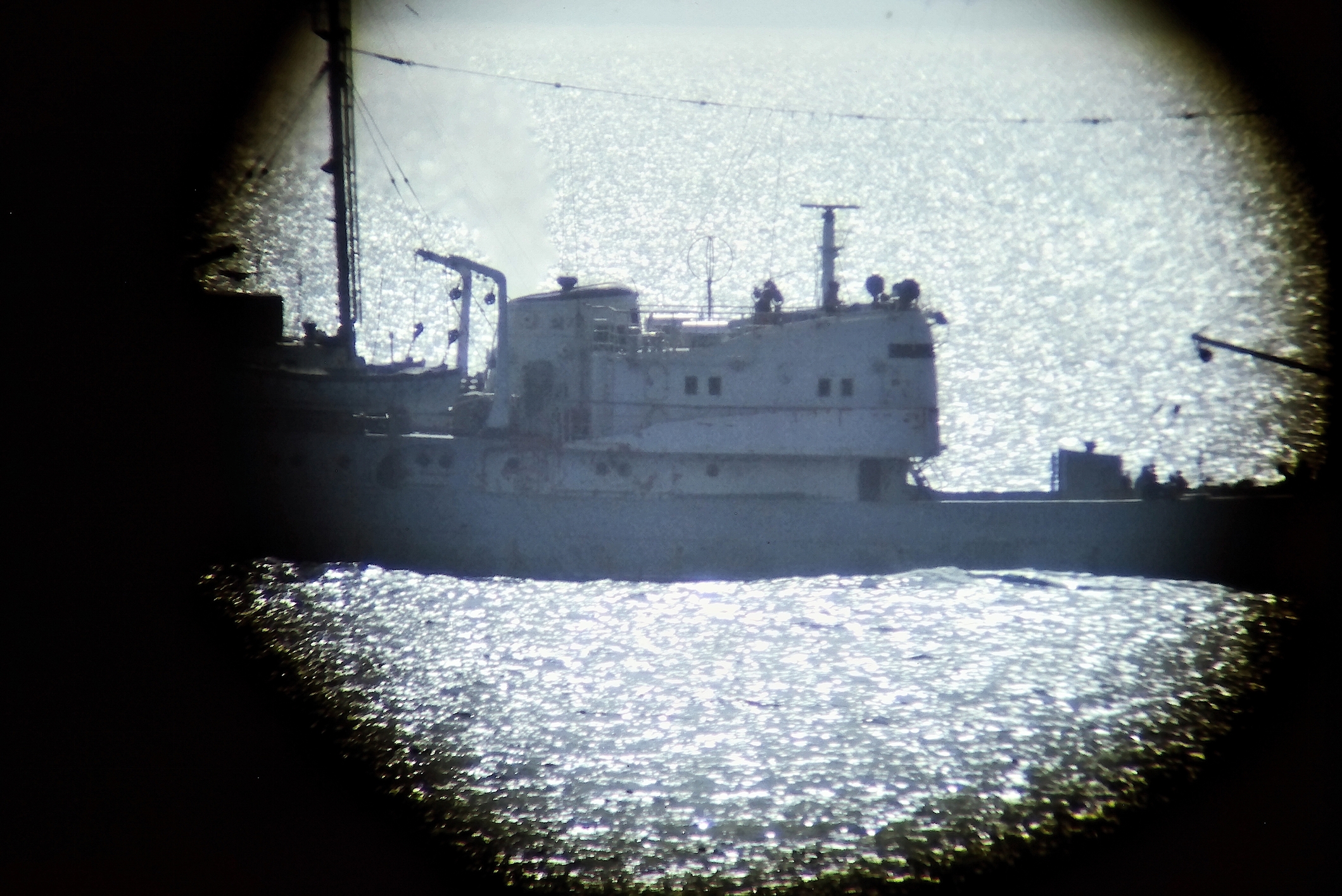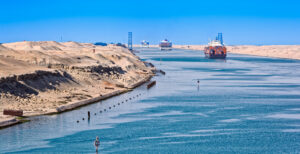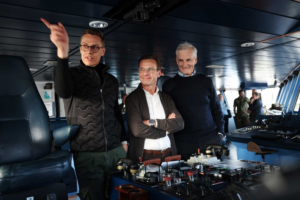The Russian Embassy in London said that Russia posed no threat to underwater infrastructure in Britain and its NATO allies.
The embassy characterises the claims by the UK Ministry of Defence “completely groundless.”
“Russia has never posed such threats,” it says.
The embassy added that Western nations, particularly the UK, are engaging in “destabilizing and provocative actions” on the international high seas, including the Black and Baltic seas.
“As a prime example, one may recall the obstruction by London and its allies of a transparent investigation into the sabotage of the Nord Stream pipelines in September 2022 – an incident earlier linked by the Russian military to British intelligence services. We note that the surge in anti-Russian hysteria fueled by the British establishment and its affiliated media is being used by London and its allies to deliberately escalate tensions in the Baltic and North Sea regions,” the statement reads.
“Under the fabricated pretext of a “Russian threat”, Britain and other NATO countries are increasing their naval and air force presence in these and adjacent areas. Meanwhile the very same countries are elaborating dubious justifications for ramping up unilateral restrictions against commercial shipping in the region, though the compliance of such measures with international maritime law appears questionable even to their authors,” the embassy added in a written statement on Thursday.
To remind, the UK defence ministry announced last week that a Russian “spy ship” has been tracked in the English Channel by a Royal Navy warship just weeks after it was caught loitering over critical undersea infrastructure in UK waters.
“Let me be clear, this is a Russian spy ship used for gathering intelligence and mapping the UK’s critical underwater infrastructure,” John Healey defence secretary warned.
In November, the ship was also closely watched and detected “loitering over UK critical undersea infrastructure.”
The Royal Navy deployed HMS Somerset and HMS Tyne to monitor the Russian ship’s movements.
So far, the defence secretary noted that the ship has been complying with international rules of navigation.
In response to the ship’s return, Healey has changed the Royal Navy’s Rules of Engagement to enable British warships to get closer to the vessel and better track its activities.
RAF maritime patrol aircraft, alongside HMS Cattistock, HMS Tyne, and RFA Proteus were deployed to shadow the ship’s every movement.
In a message to Russian President Vladimir Putin, Mr Healey said: “We know what you are doing, and we will not shy away from robust action to protect Britain.”
Mr Healey told the House of Commons that Russia remains the most pressing and immediate threat to Britain, warning that Russian aggression “will not be tolerated, at home or in Ukraine.”
Healey also warned: “And I want to assure the House and the British people that any threat will be met with strength and resolve.”
The defence secretary’s comments came amidst heightened tension in European waters after a series of undersea cable damages.
In response to the latest incident, UK’s prime minister held talks with Estonian and Finnish counterparts as the UK activated Nordic Warden – an advanced new AI system to help monitor the Russian shadow fleet and safeguard undersea infrastructure.
As part of the initiative launched by the UK prime minister at the European Political Community last year, the UK has sanctioned 93 oil tankers.
“The Royal Fleet Auxiliary is also playing an indispensable role in safeguarding offshore infrastructure with its multi-role ocean surveillance ship, RFA Proteus,” Healey noted.
To remind, the multi-role ocean surveillance ship, RFA Proteus, is capable of deploying submersible drones to assess undersea cables and pipelines.
Meanwhile, the Royal Air Force will provide aircraft to a new NATO deployment designed to strengthen protection of offshore infrastructure in the Baltic Sea.
The UK will provide P-8 Poseidon and Rivet Joint maritime patrol and surveillance aircraft for the Baltic Sentry activity, which was announced following damage to the Estlink2 undersea cable between Estonia and Finland.
This year, the UK will provide more financial aid in military support to Ukraine than at any time since the full-scale war began.
Healey said that “this new era of threat demands a new era for defence.”
“The heads of MI6 and the CIA recently stated together in a joint statement that Russia is waging a ‘reckless campaign of sabotage’ across Europe,” he added.
“We will protect the homeland and our critical national infrastructure. And we will make Britain secure at home and strong abroad.”



